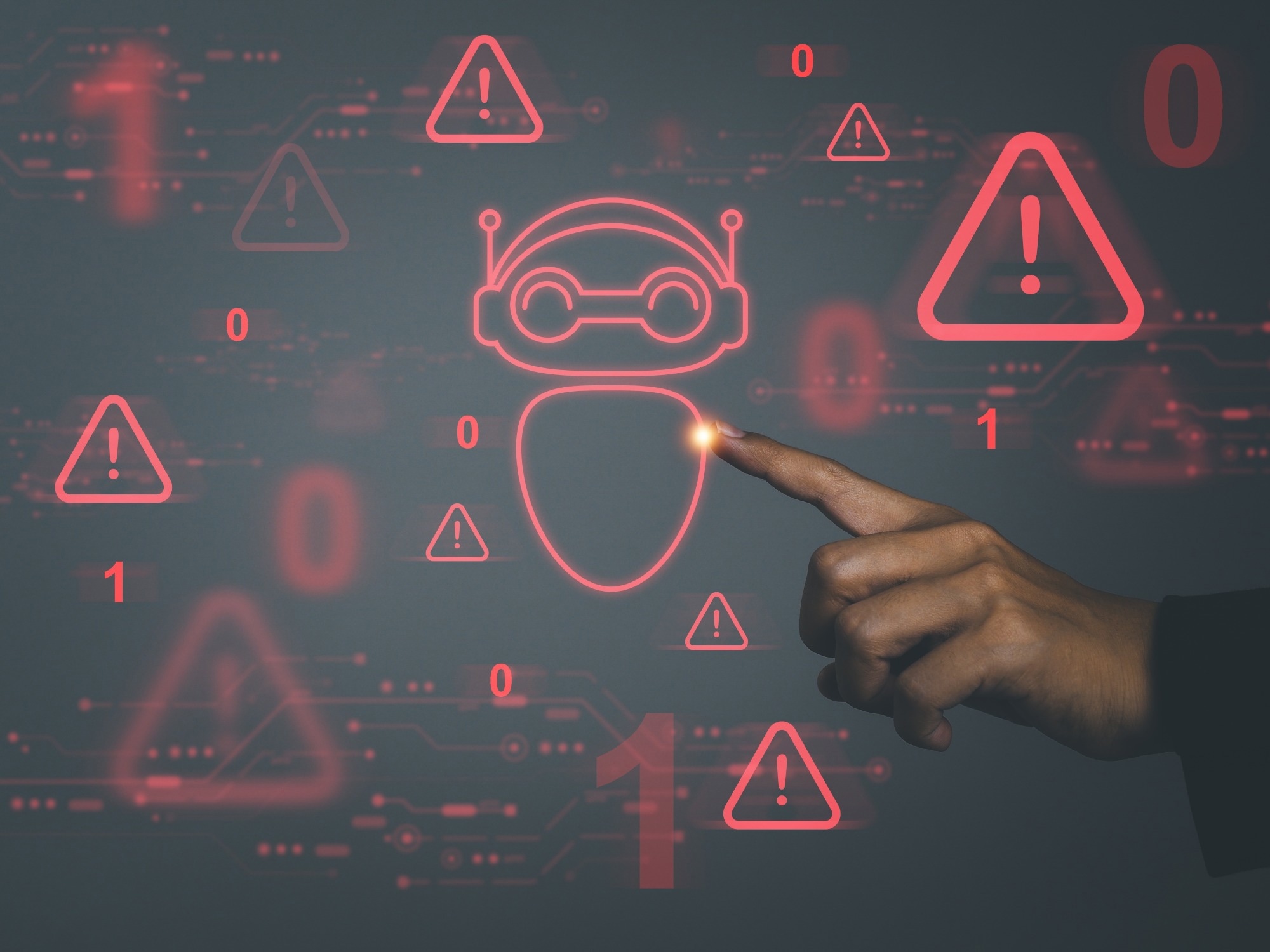A new interdisciplinary framework reveals how machines and humans generalize knowledge in fundamentally different ways, a breakthrough that could shape the future of sustainable, human-aligned AI.

Research: Aligning generalization between humans and machines. Image Credit: MarutStudio / Shutterstock
How do humans manage to adapt to entirely new situations, and why do machines so often struggle with this? This central question is explored by researchers from cognitive science and artificial intelligence (AI) in a joint article published in the journal "Nature Machine Intelligence". Among the authors are Professor Dr. Barbara Hammer and Professor Dr. Benjamin Paaßen from Bielefeld University.
"If we want to integrate AI systems into everyday life, whether in medicine, transportation, or decision-making, we must understand how these systems handle the unknown," says Barbara Hammer, head of the Machine Learning Group at Bielefeld University. "Our study shows that machines generalize differently than humans and this is crucial for the success of future human–AI collaboration."
Differences Between Humans and Machines
The technical term "generalization" refers to the ability to draw meaningful conclusions about unknown situations from known information, that is, to flexibly apply knowledge to new problems. In cognitive science, this often involves conceptual thinking and abstraction. In AI research, however, generalization serves as an umbrella term for a wide variety of processes: from machine learning beyond known data domains ("out-of-domain generalization") to rule-based inference in symbolic systems, to so-called neuro-symbolic AI, which combines logic and neural networks.
"The biggest challenge is that 'generalization' means completely different things for AI and humans," explains Benjamin Paaßen, junior professor for Knowledge Representation and Machine Learning in Bielefeld. "That is why it was important for us to develop a shared framework. Along three dimensions: What do we mean by generalization? How is it achieved? And how can it be evaluated?"
Significance for the Future of AI
The publication is the result of interdisciplinary collaboration among more than 20 experts from internationally leading research institutions, including the universities of Bielefeld, Bamberg, Amsterdam, and Oxford. The project began with a joint workshop at the Leibniz Center for Informatics at Schloss Dagstuhl, co-organized by Barbara Hammer.
The project also highlights the importance of bridging cognitive science and AI research. Only through a deeper understanding of their differences and commonalities will it be possible to design AI systems that can better reflect and support human values and decision-making logics.
About the SAIL Project
The research was conducted within the collaborative project SAIL – Sustainable Life-Cycle of Intelligent Socio-Technical Systems. SAIL investigates how AI can be designed to be sustainable, transparent, and human-centered throughout its entire life cycle. The project is funded by the Ministry of Culture and Science of the State of North Rhine-Westphalia.
Source:
Journal reference:
- Ilievski, F., Hammer, B., Van Harmelen, F., Paassen, B., Saralajew, S., Schmid, U., Biehl, M., Bolognesi, M., Dong, X. L., Gashteovski, K., Hitzler, P., Marra, G., Minervini, P., Mundt, M., Ngomo, A., Oltramari, A., Pasi, G., Saribatur, Z. G., Serafini, L., . . . Villmann, T. (2025). Aligning generalization between humans and machines. Nature Machine Intelligence, 1-12. DOI: 10.1038/s42256-025-01109-4, https://www.nature.com/articles/s42256-025-01109-4